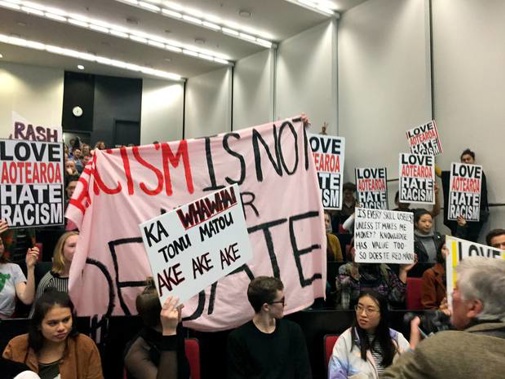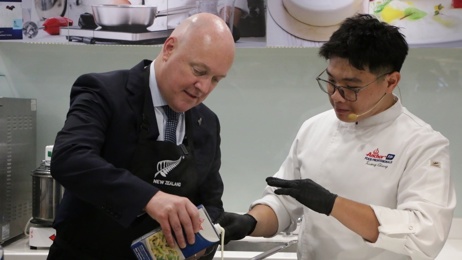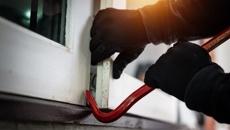
You’ve probably heard that Green MP Chloe Swarbrick chanted “From the river to the sea, Palestine will be free” at a pro-Palestine protest. Criticism was swift. Act leader David Seymour demanded she apologise.
A Jewish woman told Newshub the chant made her feel unsafe. The phrase is from the 60s, but it echoes a line in the Hamas constitution from 2017, implying the destruction of the Jewish people. Others, however, insist that this interpretation of the phrase is “Islamophobic”.
Interestingly, at the same event, Te Atatu MP Phil Twyford was shouted down for condemning the Hamas terrorist attack of October 7. Around the same time, a British Labour MP was stood down for using the phrase in the UK. These contested views and phrases raise the issue of the limits of free speech.
There are legal limits to free speech in our country. Speech that directly incites violence isn’t legally protected. Nor is defamation or fraud. The New Zealand Police defines a hate crime as “an act perceived to be motivated by hate”.
Follow-up questions might include: As perceived by whom? How much? To what end? This is regardless of the context or manner of the speech being delivered. The danger is confusing physical harm with disagreement, offence and discomfort.
Some argue that offensive, hateful speech leads to actual harm. Consider the warnings given by Labour’s Willie Jackson about the possibility of a referendum on the Treaty of Waitangi. Jackson has warned that Māori would “go to war” over the issue and that the unrest would be “five times worse” than the unrest of the 1981 Springbok Tour.
Jackson noted he didn’t support this: “Be very clear, I don't want any disruption or violence. I'm not advocating for that at all...”
However, giving anyone the legal power to define “offensive” speech and restrain it is risky. The definition of “offensive” can shift over time. There is a danger that it can be used to silence minority opinions rather than protect them.
Indeed, free speech advocate Jacob Mchamgama has noted that those protected by unfettered speech are often minorities. Yesterday’s radical might be today’s establishment.
Proponents of free speech believe that the best way to counter harmful speech isn’t censorship. As U.S. Supreme Court Justice Louis Brandeis famously said, “If there be time to expose through discussion the falsehood and fallacies, to avert the evil by the processes of education, the remedy to be applied is more speech, not enforced silence.”
They say sunlight is the best disinfectant; free speech must be championed as an essential liberty.
After refusing to back down, Chloe Swarbrick apologised somewhat reservedly. Such was the “sunlight” of the debate. Certain ironies were highlighted, some questions were asked, and words were treated as though they had consequences.
The ability to discuss complex issues openly and respectfully is a hallmark of a democratic society. Words do have consequences, but violence should never be one of them.
Take your Radio, Podcasts and Music with you









